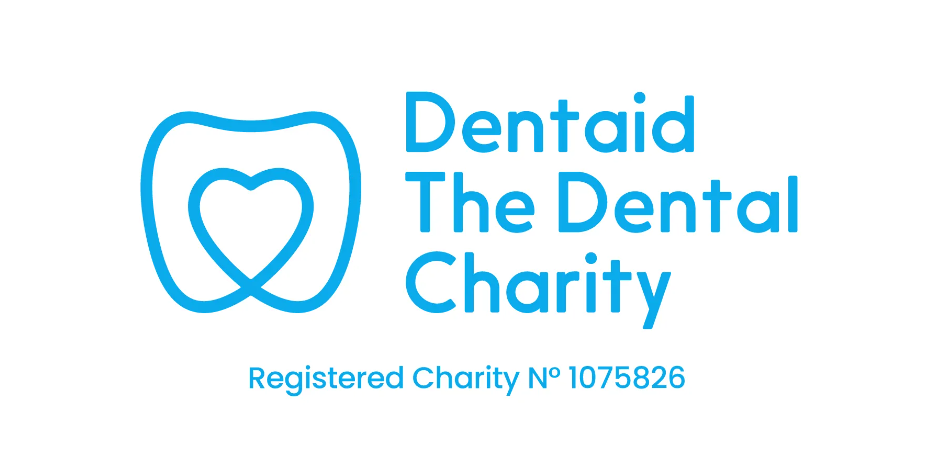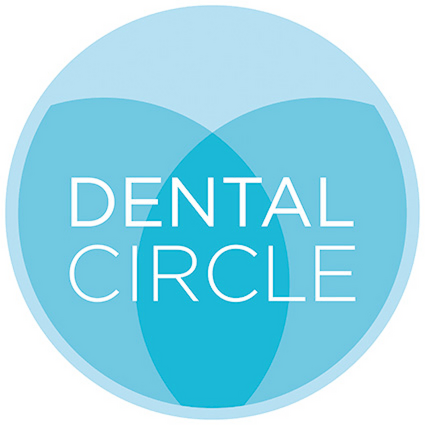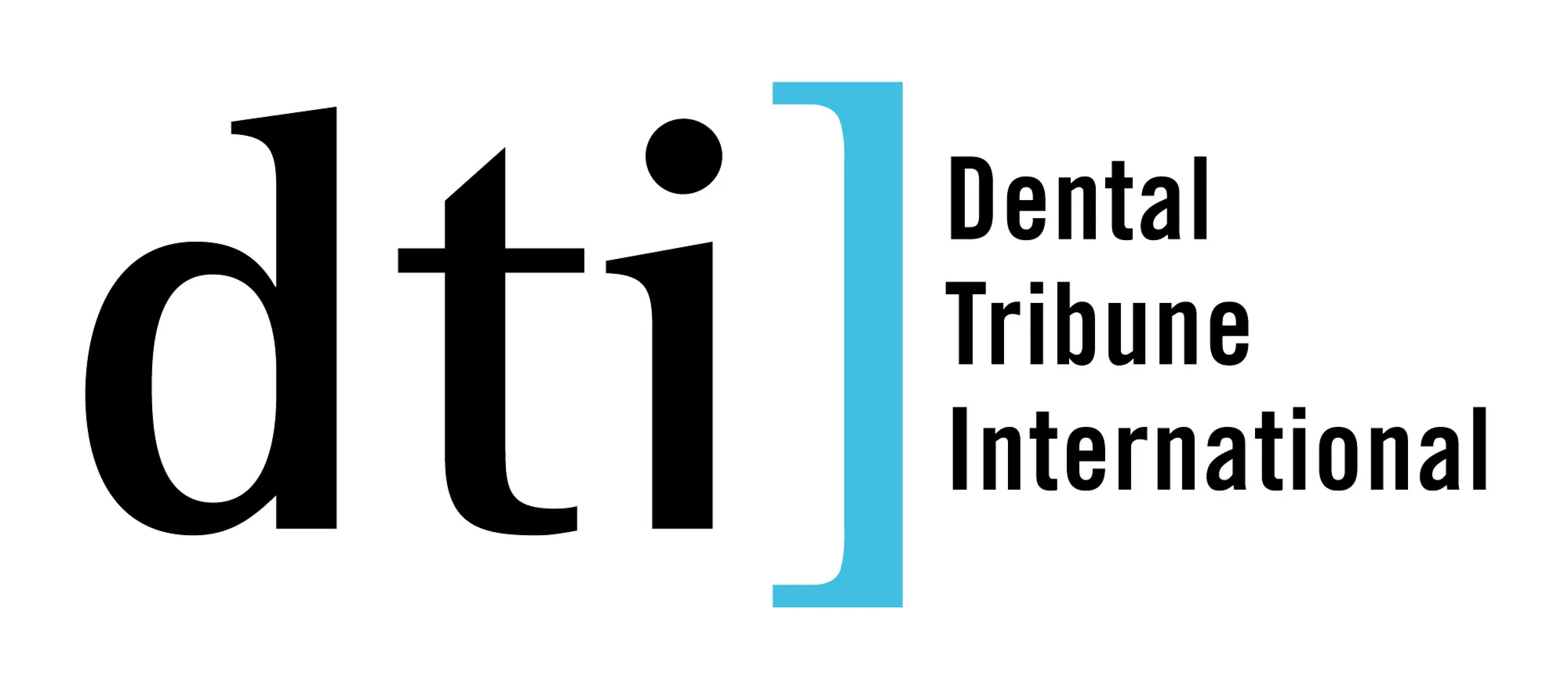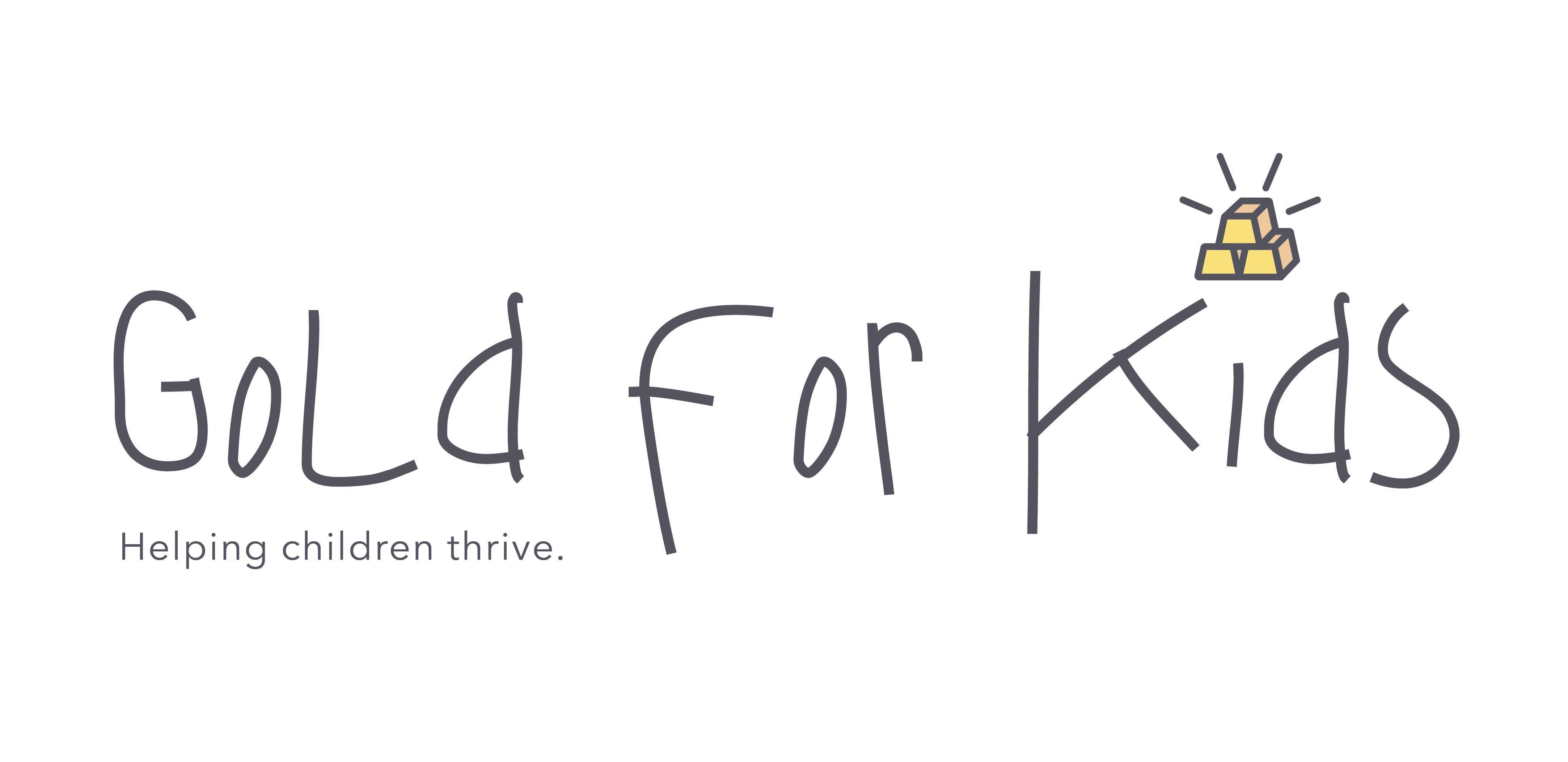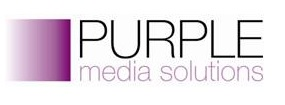Beware the rise of DIY dentistry
)
Few will have escaped the various ‘dental hacks’ that have been circulating social media and other online sources of late. Whether you engage with these platforms directly or hear the stories second hand, some of the ‘advice’ being given about tackling dental problems at home is far more harmful than helpful.
Some of the latest ‘hacks’ to be aware of:
Hairbands for orthodontics
This suggests that people can straighten their teeth for free by wearing rubber hairbands on their teeth. Of course, there are many dangers of uncontrolled and uneducated tooth movement and it’s important that professionals get the word out.
Melamine sponges for tooth whitening
The idea is that these remove staining from the teeth, but in reality, it damages the enamel, increase the risk of sensitivity and chipping, and actually discolour the teeth in the long run.
Swishing hydrogen peroxide
This trend is based on the concept that whitening products contain hydrogen peroxide as a whitening agent. People are encouraged to swill straight hydrogen peroxide to achieve the same effect, but for the price of the solution found online. Patients should be warned of the many potential consequences from sensitivity to burning of the lips, cheeks and gingiva.
Filing the teeth with a nail file
Many videos are circulating with young people filing down their teeth to achieve a uniform smile with nail files. They don’t seem to realise that this is removing natural tissue, increasing the risk of dentine exposure and sensitivity, and may also be introducing bacteria into the mouth on uncleaned products.
Not just social media
Though the above and many other ‘hacks’ have been shared across social media platforms, these are not the only sources of concern for dental professionals. The national media contains several stories about people extracting their own teeth, making their own dentures and using direct-to-patient online aligner services to straighten their teeth without seeing a dentist. Though the dangers of these vary depending on the exact situation, many people engaging in such activities could be putting themselves at unnecessary risk.
Education remains king
Dental professionals must do what they can to tackle misinformation and prevent dangerous habits from spreading among the general population. Not an easy job, the first step is educating patients. The better they understand why the dental practice is the most effective and safest place to seek dental care, the less likely they are to stray off-piste.
Of course, the professional team must remain empathic to patients’ struggles – access to NHS dentistry has been restricted for some time and this can put individuals in a very difficult situation if they are in pain. Also, budgets are tight given the cost-of-living crisis, and some patients may not appreciate the importance of dental care enough to allocate what little disposable income they may have to this area. This is yet another reason why patient education is so crucial.
Keeping patients safe
Despite the rising tide of DIY dentistry, patients must be warned about the dangers of tackling dental issues at home. Modern techniques and technologies mean that many professional procedures are quick, convenient and cost-effective – and they are definitely favourable to uncontrolled DIY alternatives. For the dental team, getting the right information on the right platforms and in front of the right people is essential to keeping patients safe.

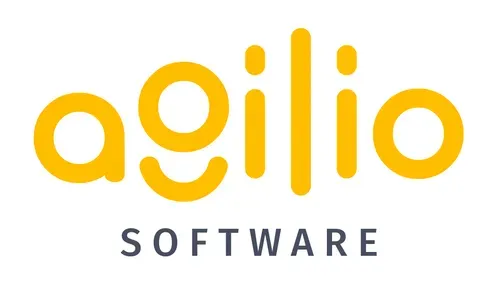
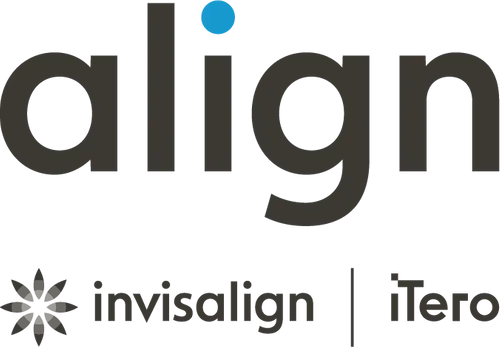





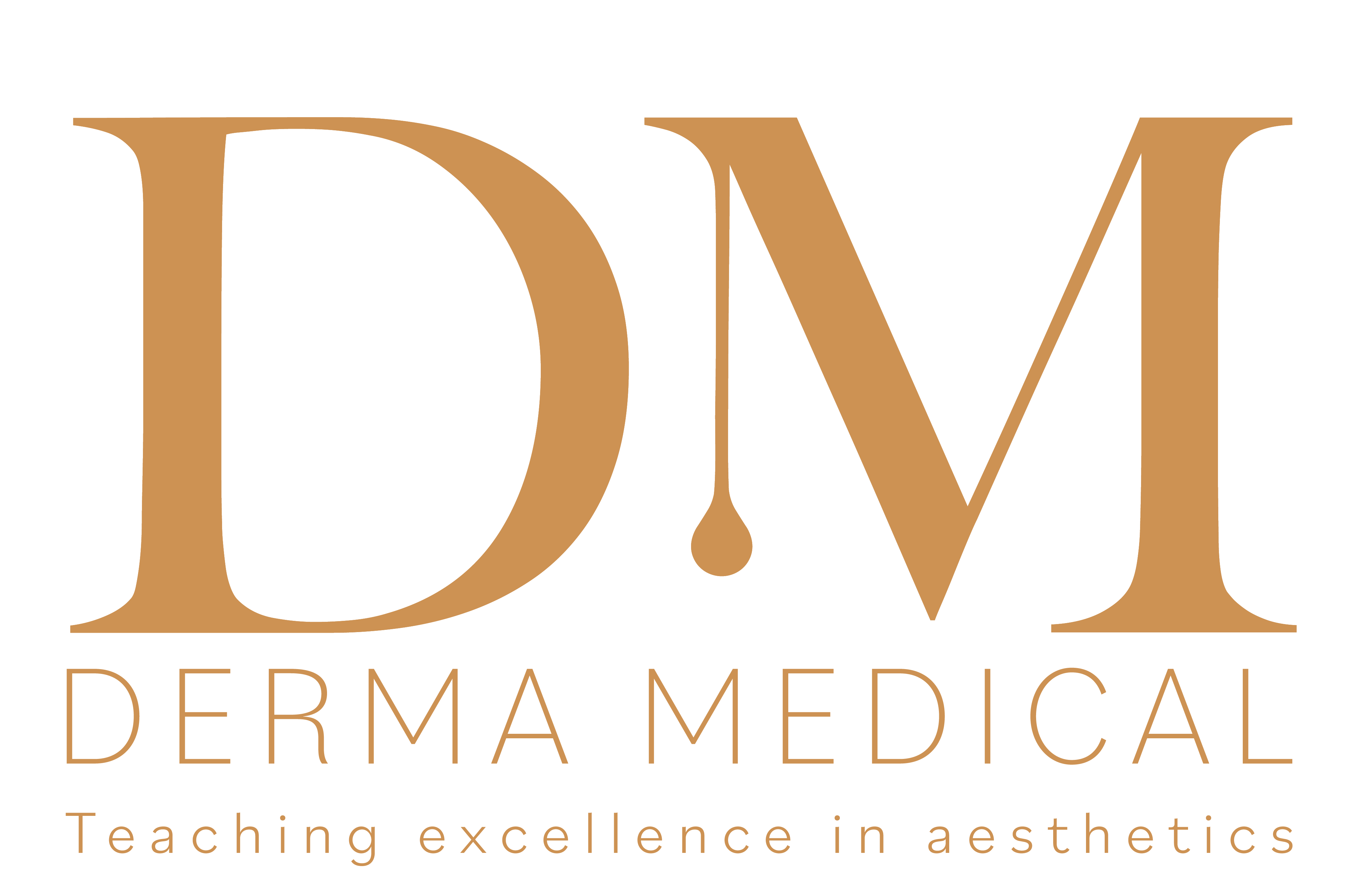
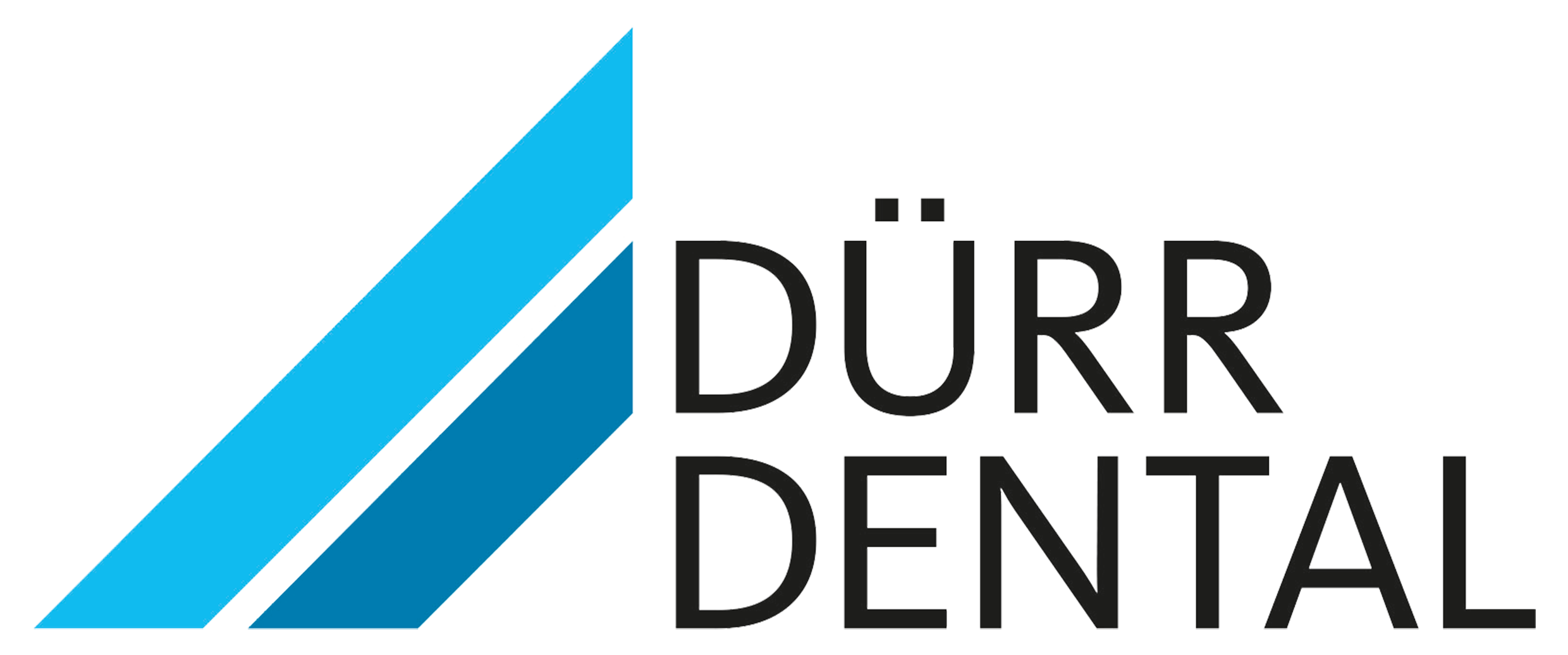
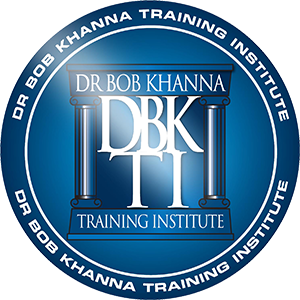





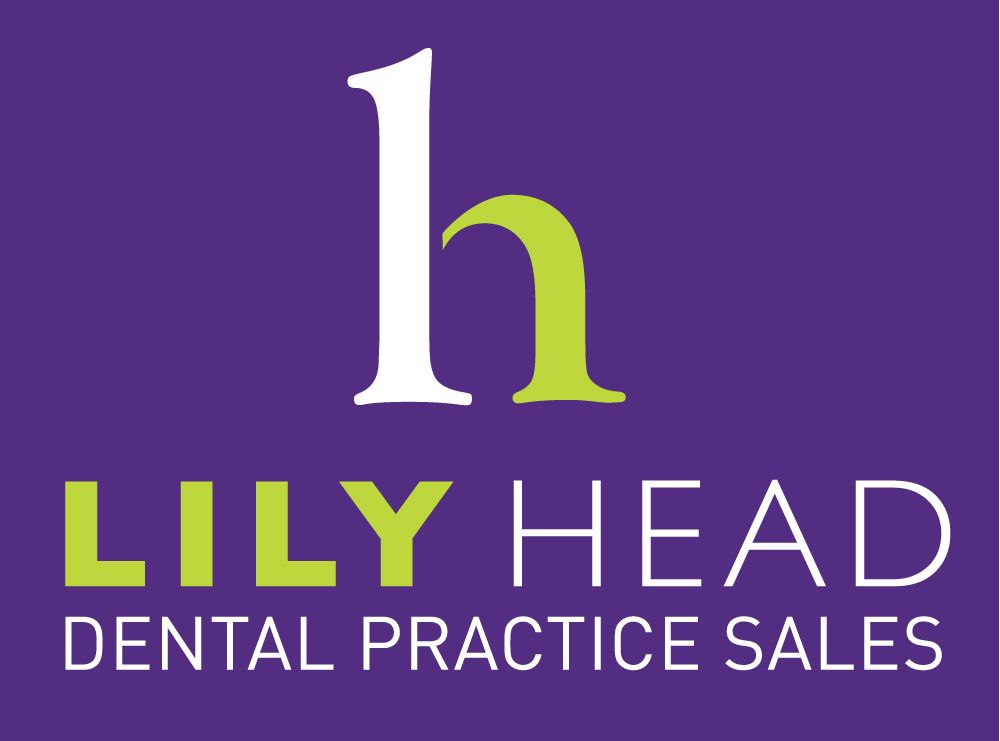
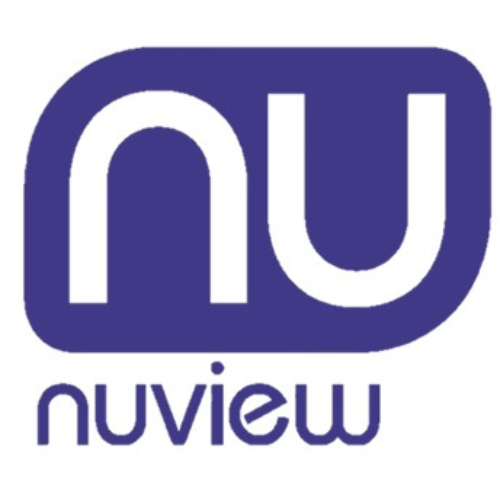





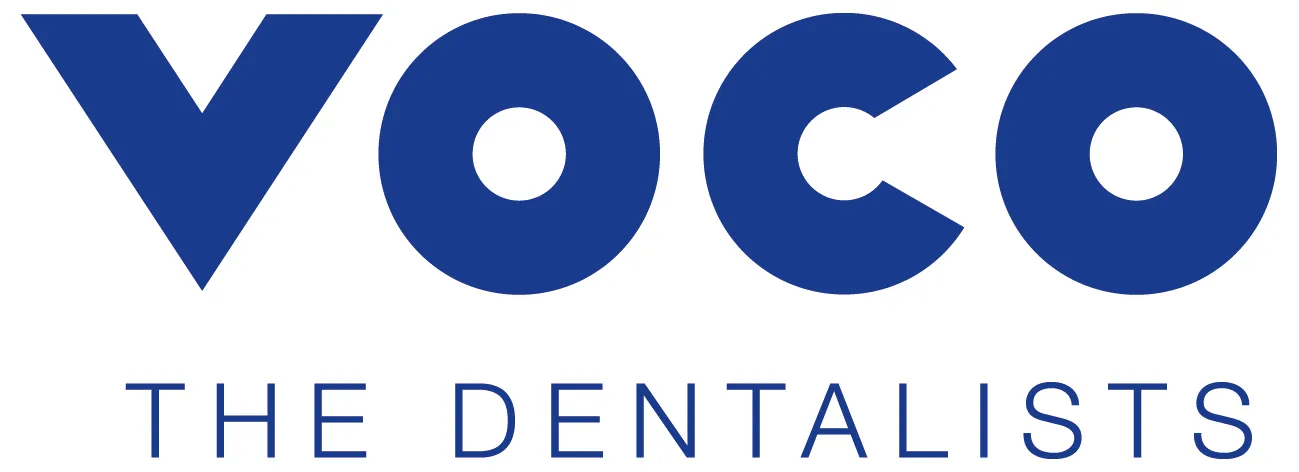




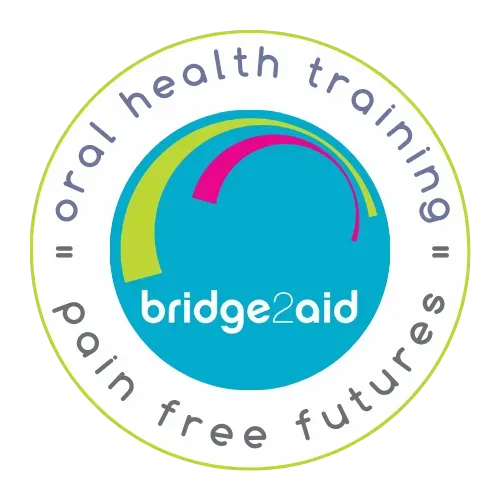
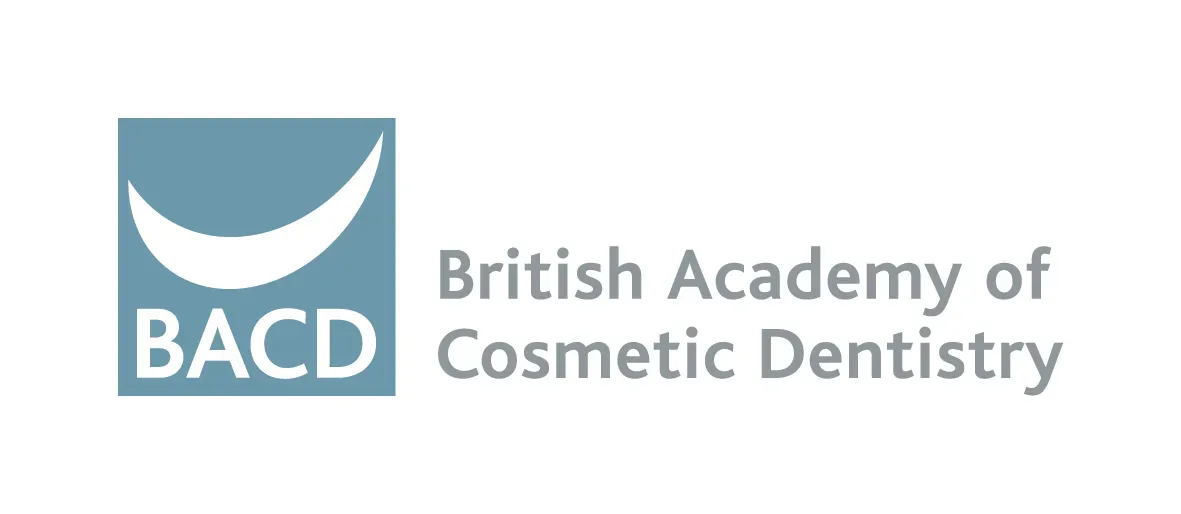
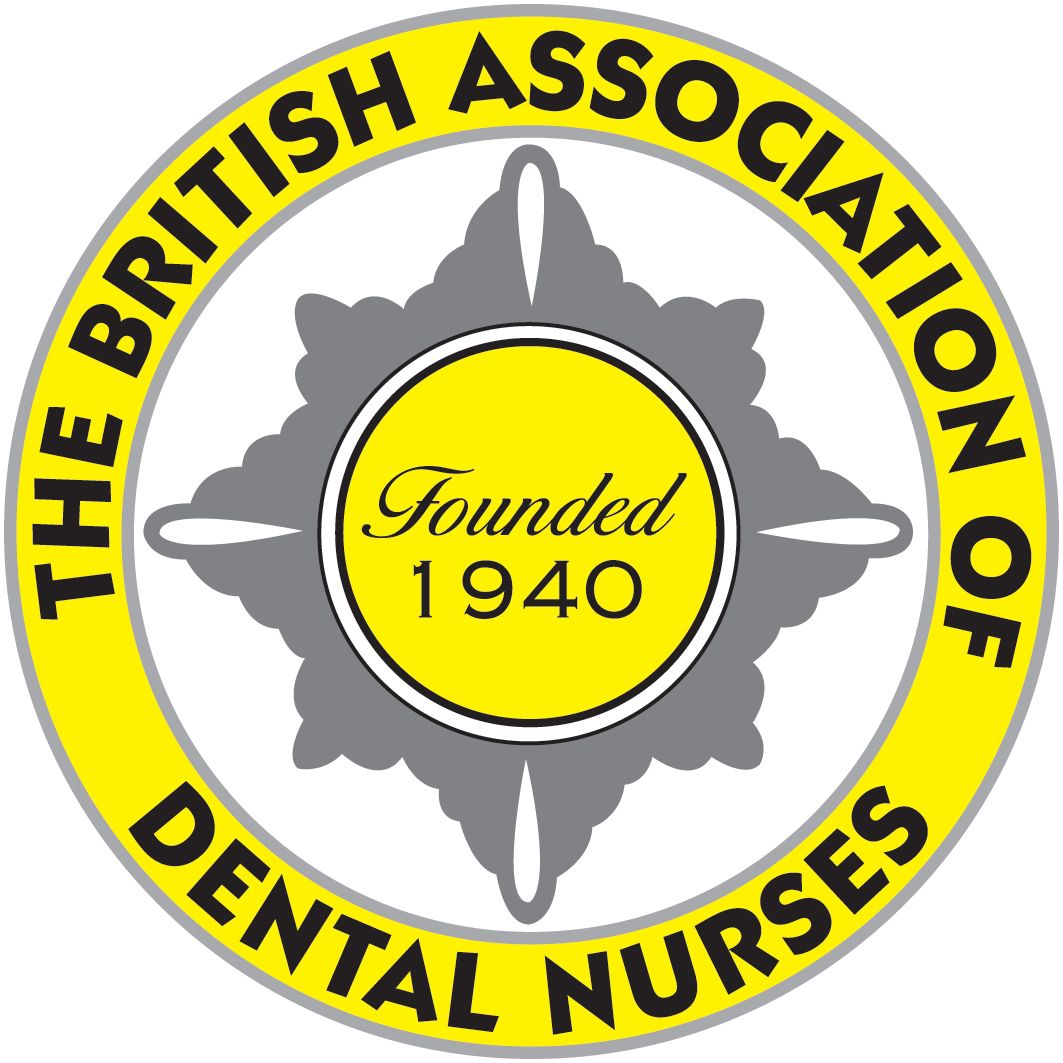
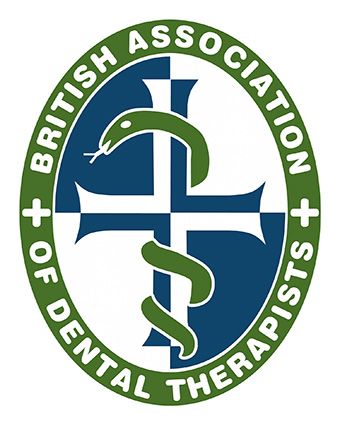
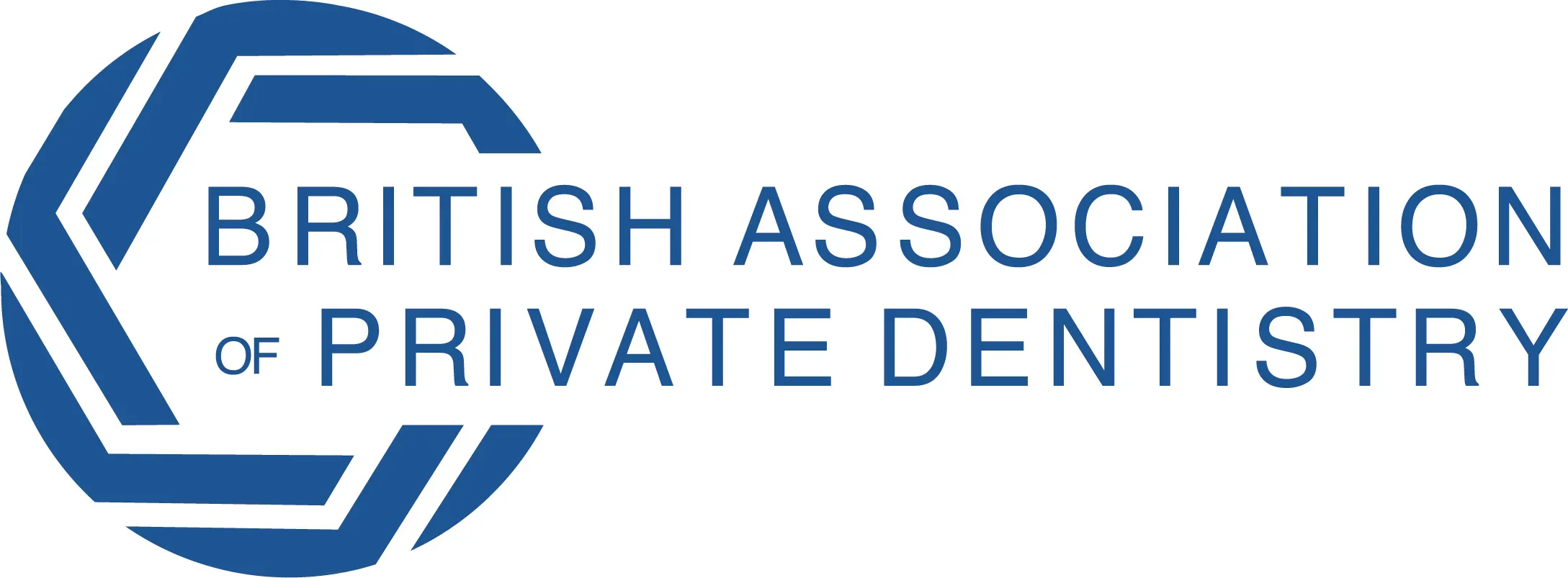
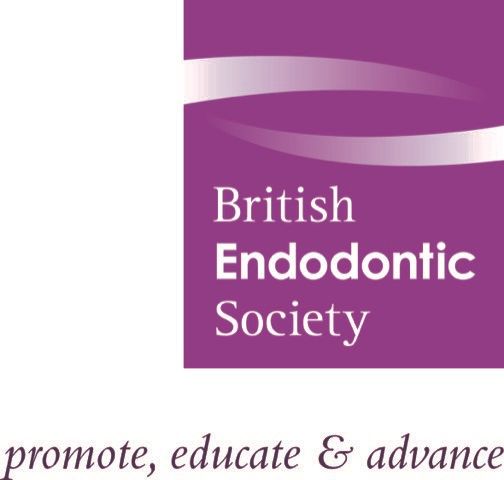
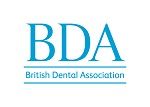
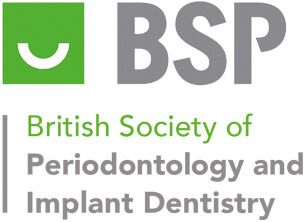
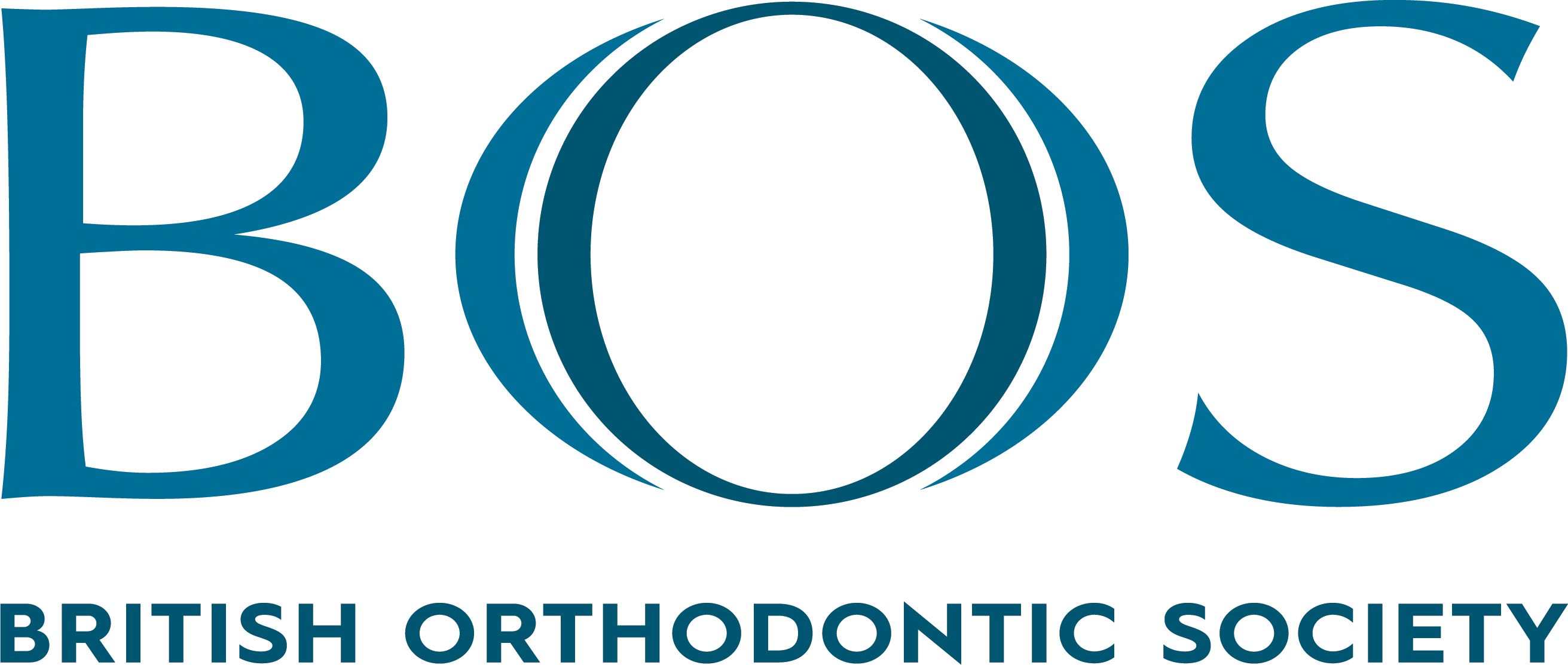

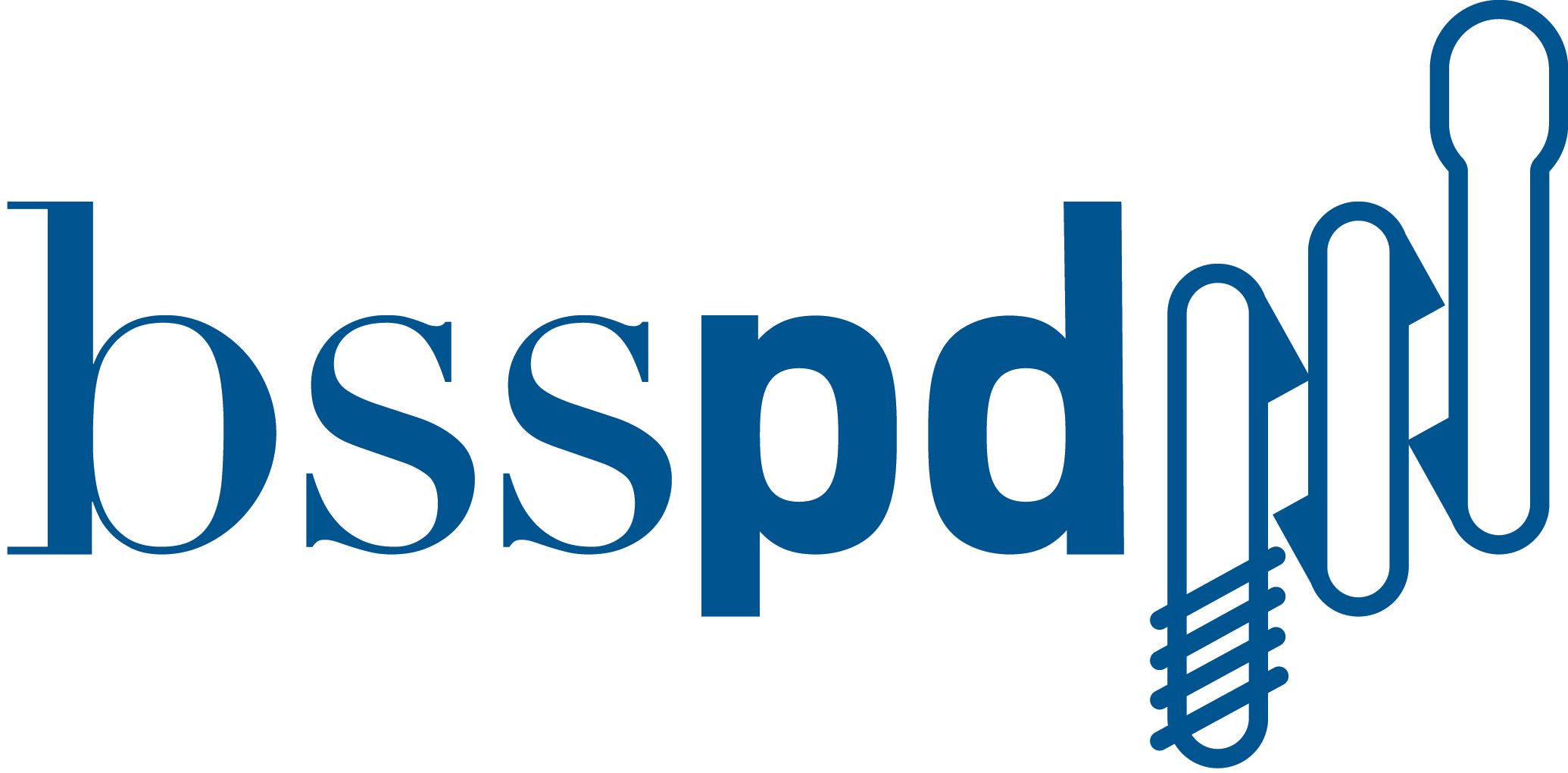
.png)
